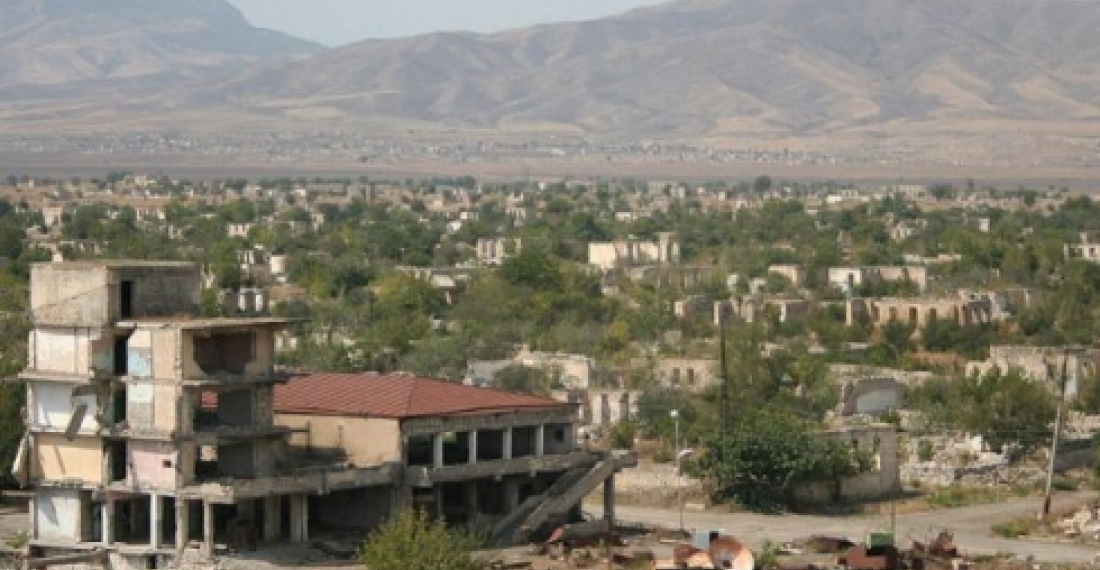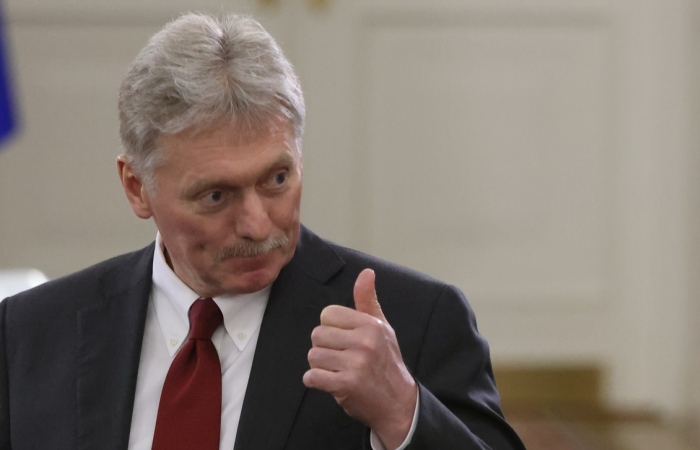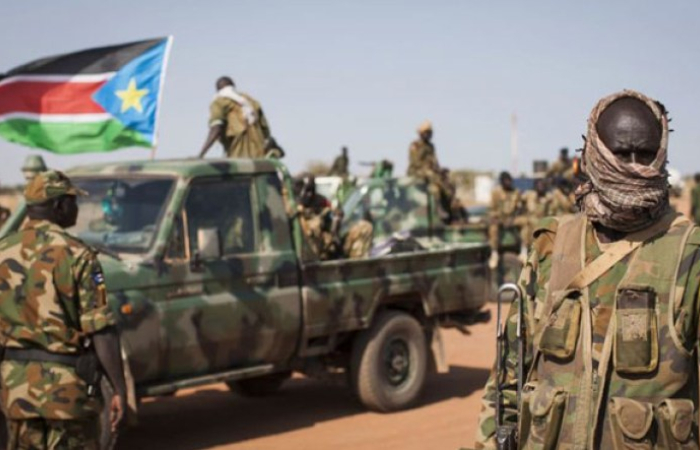The Ministries of Defence of Armenia and Azerbaijan have been giving different readings of the situation on the line of contact separating their armed forces. On Thursday the Azerbaijani Ministry of Defence told media sources that the situation was "tense". This, after earlier reports that two Azerbaijani soldiers had been killed earlier this week, and one wounded, as a result of Armenian fire.
The Armenian side however denied that they had been involved in any exchanges with the Azerbaijani military. On Thursday a spokesperson for the Armenian Defence Ministry, Artsrun Hovhannisyan, said that the situation on the border was normal and that "The Armenian side is committed to maintaining the ceasefire regime. The reports on growing tensions along the border are not true."
However both sides also continue to report cease fire violations by the other.
Commonspace.eu political editor said in a comment: "It is usual for Armenia and Azerbaijan to give different versions of events when incidents happen. Usually this is related to sniper fire. Sometimes however either side may try some limited incursions in which case it may or may not want to publicise the incident. These incidents simply reflect the precariousness on the situation on the line of contact and the possibility of an easy escalation, something that has been pointed out many times by the OSCE mediators and others."
source: commonspace.eu with various media outlets
photo: general image of the town of Agdam destroyed by the conflict i the 1990s (archive picture)







